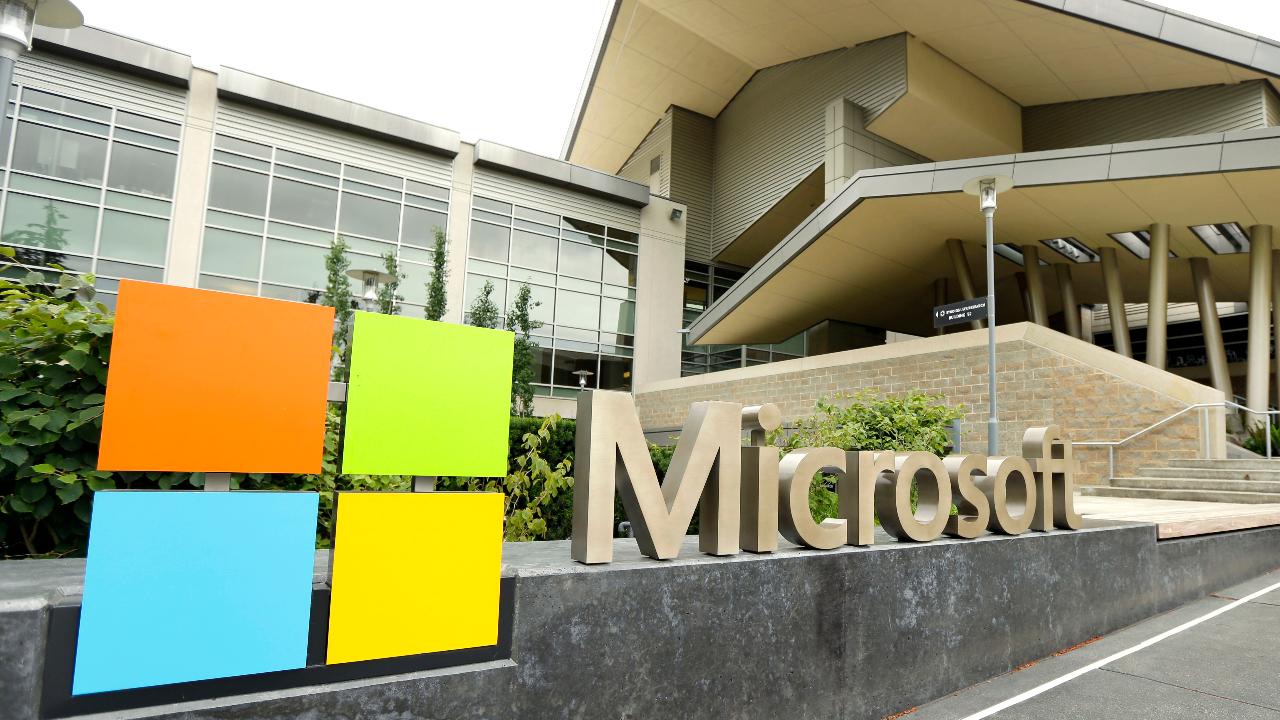Microsoft pledges $500M for affordable housing in Seattle area
The explosive growth of tech hubs in Seattle has created an affordable housing crisis.
The area is home to both Microsoft and Amazon.
Microsoft is putting up $500 million to help address the problem.
The tech giant supports the idea that the industry has an interest and responsibility to help people left behind in communities transformed by the boom.
The plan is for the money to fund construction for homes affordable not only to the company’s own non-tech workers, but also for teachers, firefighters and other middle- and low-income residents.
"If we're going to make progress, we'll all need to work together as a community," said Microsoft President Brad Smith and Microsoft Chief Financial Officer Amy Hood in a joint blog post. "Ultimately, a healthy business needs to be part of a healthy community. And a healthy community must have housing within the economic reach of every part of the community, including the many dedicated people who provide the vital services on which we all rely."
Microsoft has warned about the potential negative effects of technology, like privacy or the unintended consequences of artificial intelligence.
Executives hope the housing efforts will spur other companies to follow its lead.
A number of other tech businesses have tried to address the homelessness crisis. Amazon’s chief executive, Jeff Bezos, has supported homeless service providers through his personal foundation, and Salesforce chief executive, Marc Benioff, helped fund a proposition in San Francisco to tax businesses to pay for homeless services, according to the New York Times.
CLICK HERE TO GET THE FOX BUSINESS APP
Microsoft plans to lend $225 million at subsidized rates to preserve and build middle-income housing in six cities near its Redmond headquarters. It will put an additional $250 million into low-income housing across the region. Some of those loans may be made through the federal programs that provide tax breaks for low-income housing.
The company plans to invest the money within three years, and expects most of it to go to Seattle’s suburbs.




















